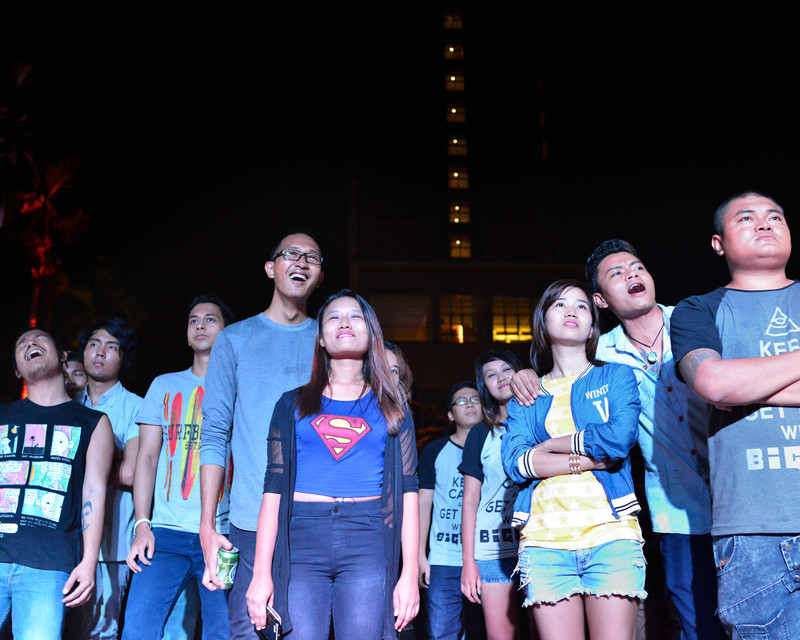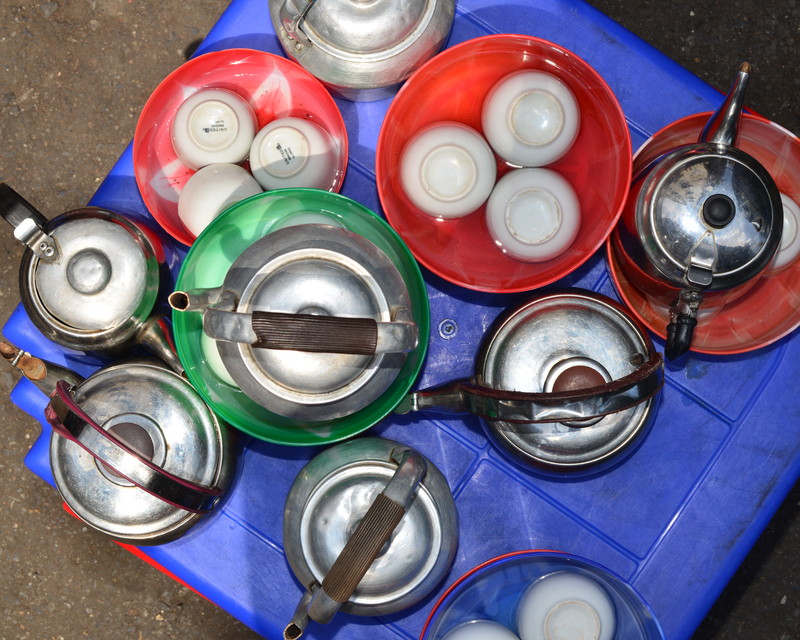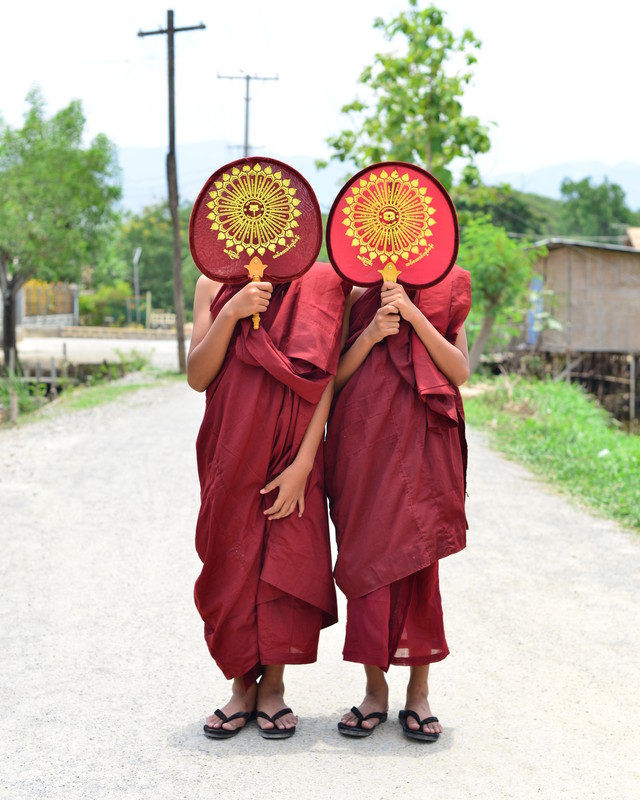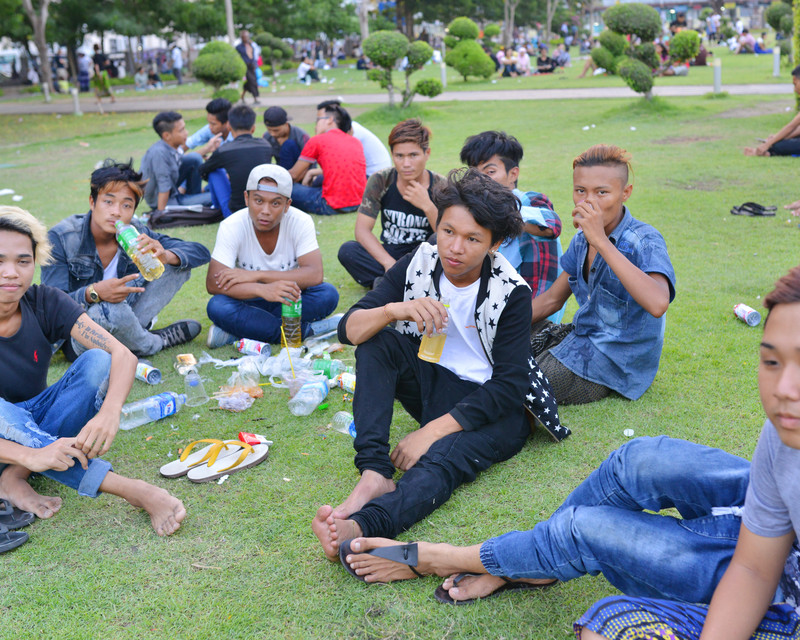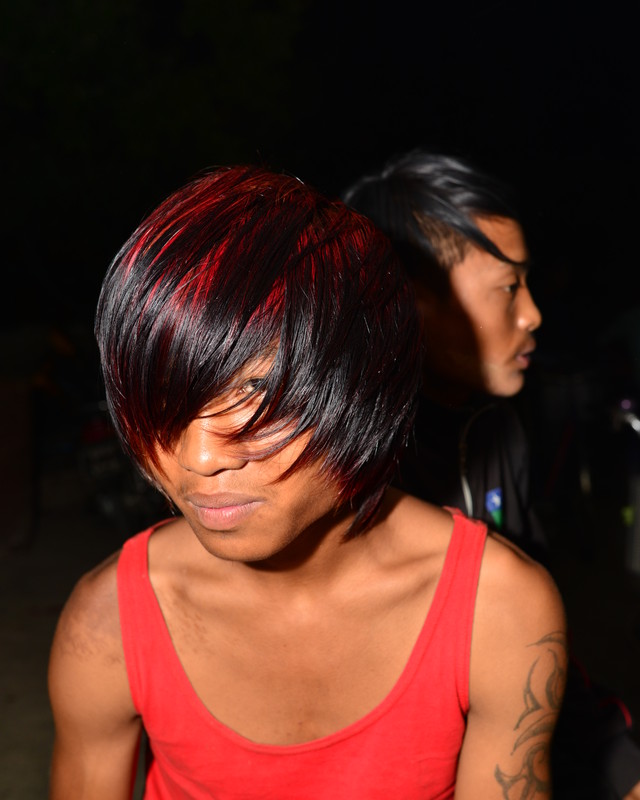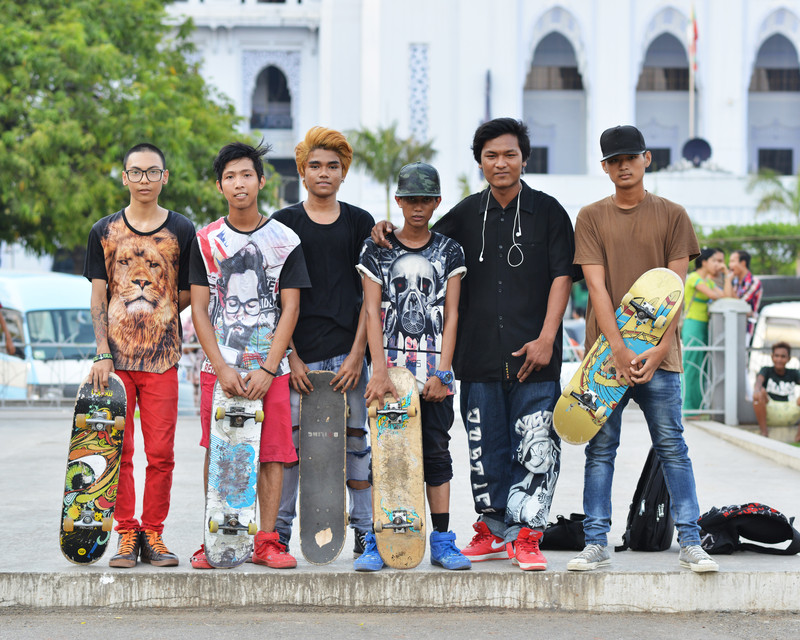Burma: Postmodern Epiphany
© Nicola Lo CalzoSince the break-up of the military junta in 2011, through the ongoing, delicate process of democratization and the recent establishment of the government built by Htin Kyaw, Burma (renamed “Myanmar” by the council) is going through a period of great change.
Economic liberalization, the exponential influx of foreign money and the development of tourism, the building of an urban, middle-class business, the progressive regaining of press and speech freedom through the boom of telecommunications and Internet - all are events that are changing Burmese society. On every level, in the city as well as the countryside, one can feel the Burmese citizens’ enthusiasm for a new government and a spreading optimism for the future.
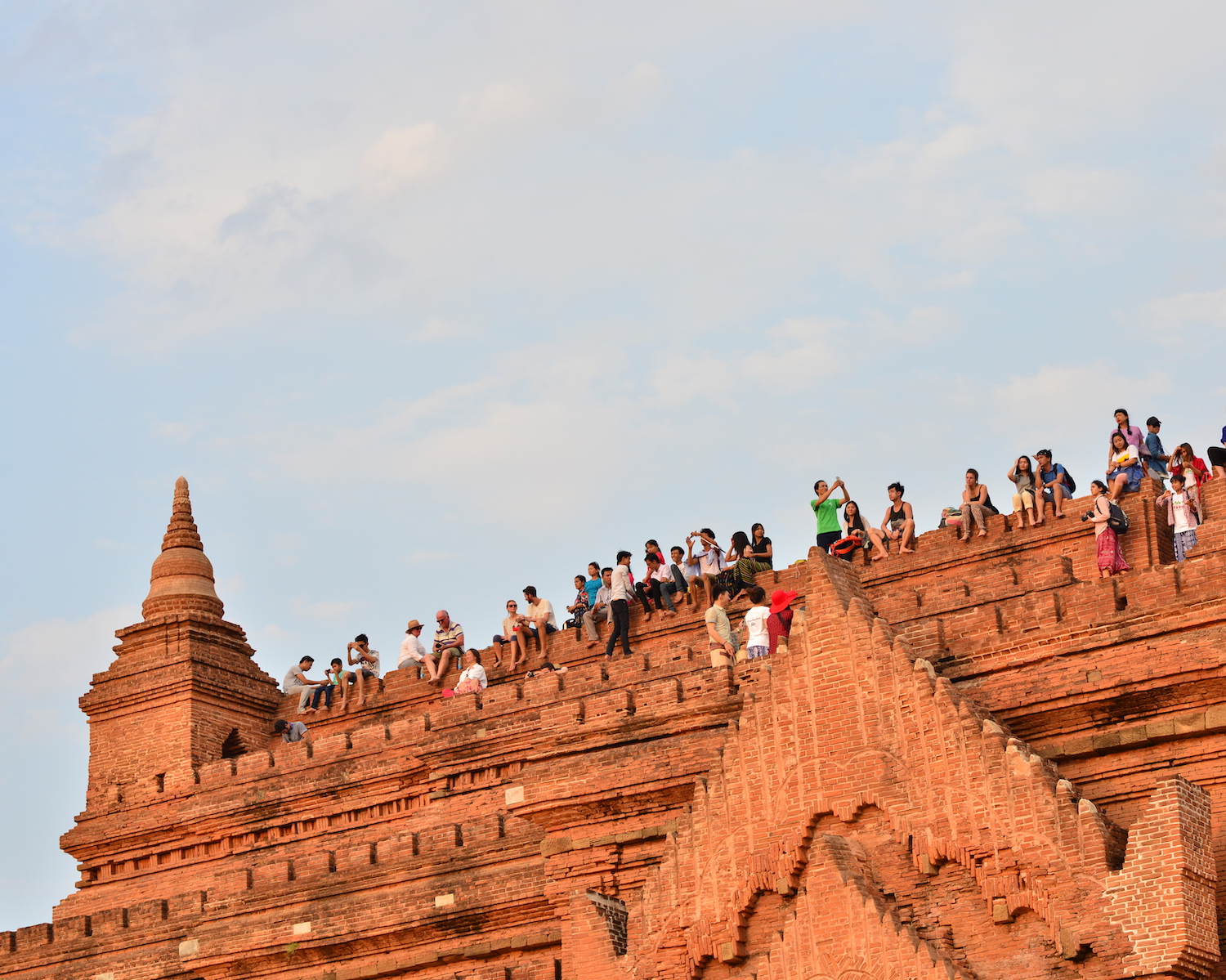

Not least, the changing, and in particular the economic one, or the “change”, as the young, bilingual Burmese whom I’ve met call it, is revealed, travelling on different rails, at different speeds, and not without contradictions and questions about its impact on Burmese society and its population, still mostly made up of peasants and illiterates.
Actually, the deterioration of working conditions and of peasant life, the ensuing abandonment of lands, the exploitation of a low-cost workforce, the emigration to big urban areas, and the increase of the nationalist, religious radicalism are the counterparts of a liberal policy.
The photographic work here attempts to “show”, rather than explain, the different faces of this change, some of its main characters, and the court of servants that work for it. And it does so from the perspective of the young Burmese boys and girls - whether they are students of the province, peasants in rice fields, stonemasons, artists or hip-hop dancers from the city centre. The new generation, born between the socialist dictatorship and the new, “pro-democracy” system, can’t wait to shake off the weight of tradition and isolation, associated to the military junta, and continue with modern, cultural and social models that come, primarily, from western society and the Internet.
click to view the complete set of images in the archive
